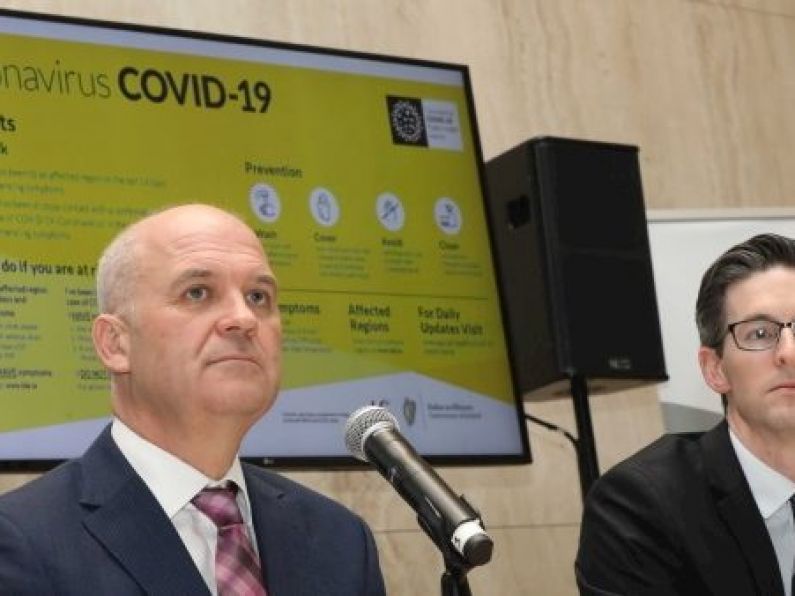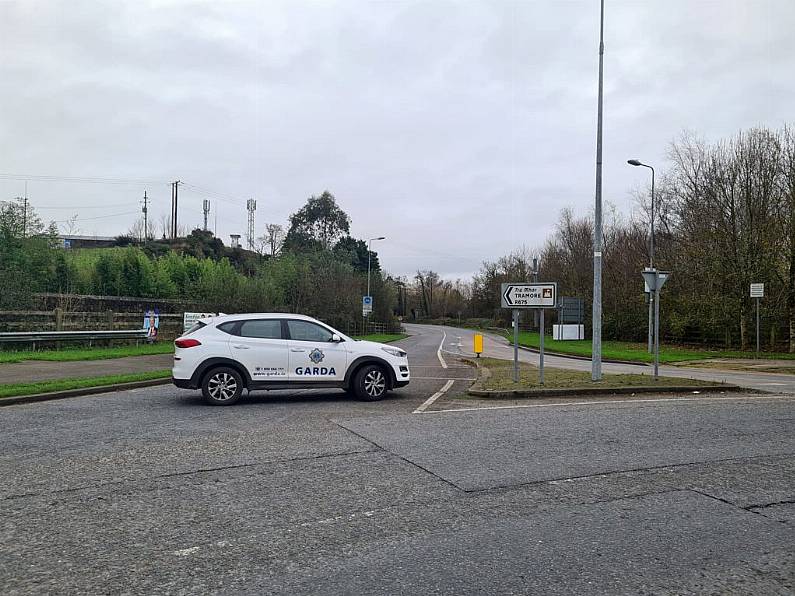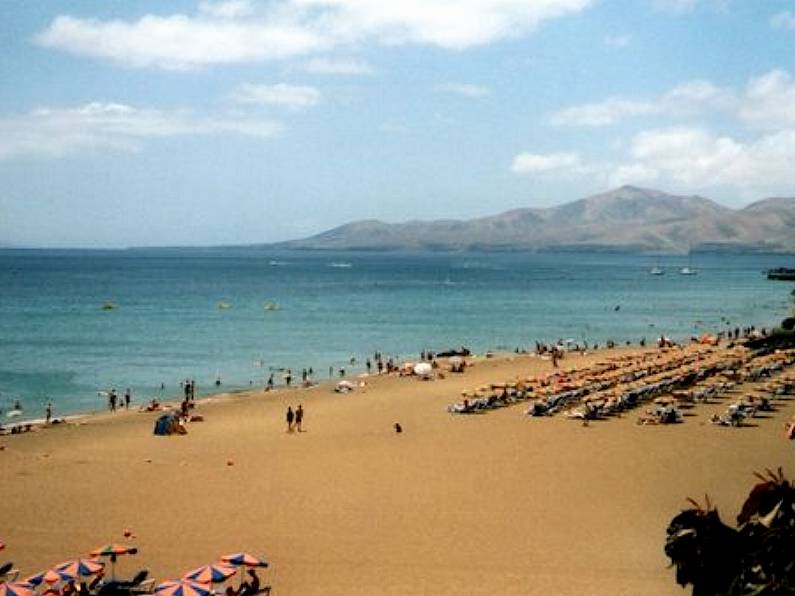There are now 366 cases of COVID-19 in the Republic of Ireland.
That's after the latest figures were announced for the nation, which has seen a further 74 people diagnosed with the novel coronavirus, made up of 29 females and 45 males.
The Department of Health has also released figures by county, which has shown at least one case of COVID-19 in every single South-East county. Dublin has 129 cases, Cork has 48 while Limerick has 14 cases.
Waterford has 7 cases while Carlow, Kilkenny, Tipperary and Wexford all have fewer than five cases each.
This now takes the total number of cases to 434 on the island, after six more were announced in Northern Ireland earlier today.
Of the 271 cases notified as at midnight Monday, 16 March: 40% are male and 59% female, with 23 clusters.
42% cases are travel related, 22% associated with community transmission, 17% are as a result of local transmission and 20% remain under investigation.
Two thirds of cases are younger than 55 years, with almost one in four cases aged 35–44.
One in five cases are healthcare workers with 37% of these cases associated with travel.
Yesterday, Taoiseach Leo Varadkar said he expected the country to have more than 15,000 cases by the end of March, in a rare address to the nation.
Earlier Penney's announced they would be closed for the forseeable future, for, the health and safety of their staff and patrons.
The Department of Foreign Affairs has also advised against travel to Germany, while Italy today reported 475 new deaths - the highest single day official toll of any nation since the first case of COVID-19 was detected.
⚠️Important Travel Advice for Germany. See below and more information on the German Foreign Ministry website at https://t.co/WIvagegHZ5
For all latest travel advice on #COVID-19 see https://t.co/IVcLNr4afb pic.twitter.com/8MIAX7AVC3— Irish Foreign Ministry (@dfatirl) March 18, 2020
That was after Minister for Finance Paschal Donoghue met with heads of AIB, Bank of Ireland, KBC, Ulster Bank and Permanent TSB, and agreed to a freeze on loan repayments from customers who have been financially impacted by the spread of Covid-19.
The €30 contactless limit will also be increased to €50 to help people avoid cash.
However, this measure will take time to introduce and may not be in place until the end of the month.






